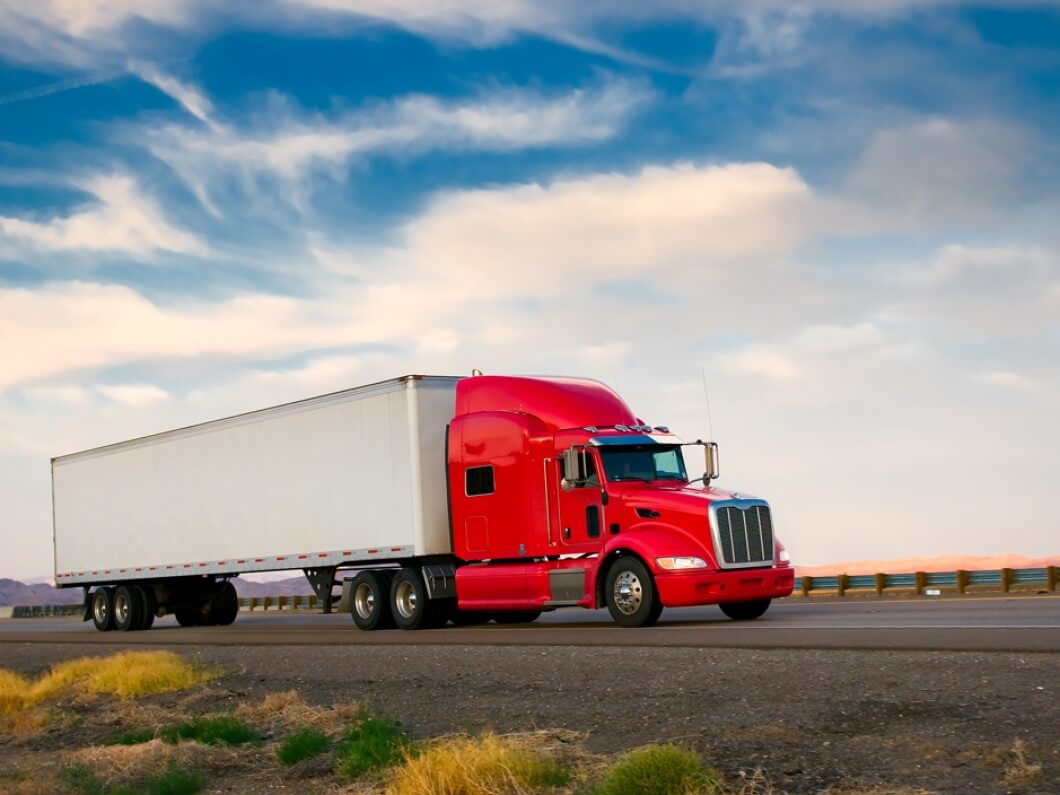
Washington, D.C.—Today’s announcement from the National Highway Traffic Safety Administration (NHTSA) and Environmental Protection Agency (EPA) regarding Phase 2 fuel economy rules for medium and heavy-duty trucks represents a critical step towards reducing our oil dependence. The rules will require certain large trucks to be up to 25 percent more fuel efficient, and are projected to reduce U.S. oil demand by 2 billion barrels. Securing America’s Future Energy (SAFE) looks forward to reviewing the final rules, and urges policymakers to remain focused on a comprehensive approach to creating a modern and competitive transportation system through support for natural gas in the trucking sector, as well as adopting new performance-based national policies which can have an immediate impact, such as standards for 33-foot twin trailers.
“Medium and heavy-duty vehicles are only 4 percent of vehicles on American roads, but account for 22 percent of transportation oil demand,” said Robbie Diamond, President and CEO of Securing America’s Future Energy. “With freight volumes slated to increase by one third by 2040, now is the time to lead, and we applaud the release of final rules. SAFE was instrumental in proposing the first ever truck standards in the Energy Security and Independence Act of 2007, and we are now at the end of Phase 2 of the process laid out in that historic legislation.”
Fuel economy standards are critical to protect our economy and national security against the volatile and unfree oil market. Between 2011 and 2014, the United States’ reliance on oil led to an average economy-wide spend of almost $880 billion per year on petroleum products, equivalent to more than 5 percent of U.S. gross domestic product. Since oil prices dropped from summer 2014’s highs, they have become more volatile than at any time since the Great Recession—a reminder that sustained policy efforts are imperative even at times of relatively low fuel prices to insulate the economy from the adverse impacts of oil price volatility.
Medium and heavy-duty vehicles represent the fastest growing component of U.S. transportation oil demand, projected to increase from approximately 2.7 million barrels per day (mbd) consumed today to 3.4 mbd in 2040. Vehicles in this category have an average fuel economy rating of 6 miles per gallon. Because oil currently powers 92 percent of the transportation sector, strengthening fuel economy standards for these vehicles is a critical part of any effort to enhance U.S. energy security.
In addition to fuel economy standards, SAFE continues to support the advancement of alternative fuel vehicle technology, including natural gas trucks and fueling infrastructure, so that the U.S. is no longer dependent on one fuel source to power its mobility and economy.
About Securing America’s Future Energy (SAFE)
Securing America’s Future Energy (SAFE) is a nonpartisan organization that aims to reduce America’s dependence on oil in order to bolster national security and strengthen the economy. SAFE advocates for expanded domestic production of U.S. oil and gas resources, continued improvements in fuel efficiency, and in the long-term, breaking oil’s stranglehold on the transportation sector through alternatives like natural gas for heavy-duty trucks and plug-in electric vehicles. In 2006, SAFE joined with General P.X. Kelley (Ret.), 28th Commandant of the U.S. Marine Corps, and Frederick W. Smith, Chairman, President, and CEO of FedEx Corporation, to form the Energy Security Leadership Council (ESLC), a group of business and former military leaders committed to reducing the United States’ dependence on oil.
###
1111 19th Street, NW #406, Washington, DC 20036